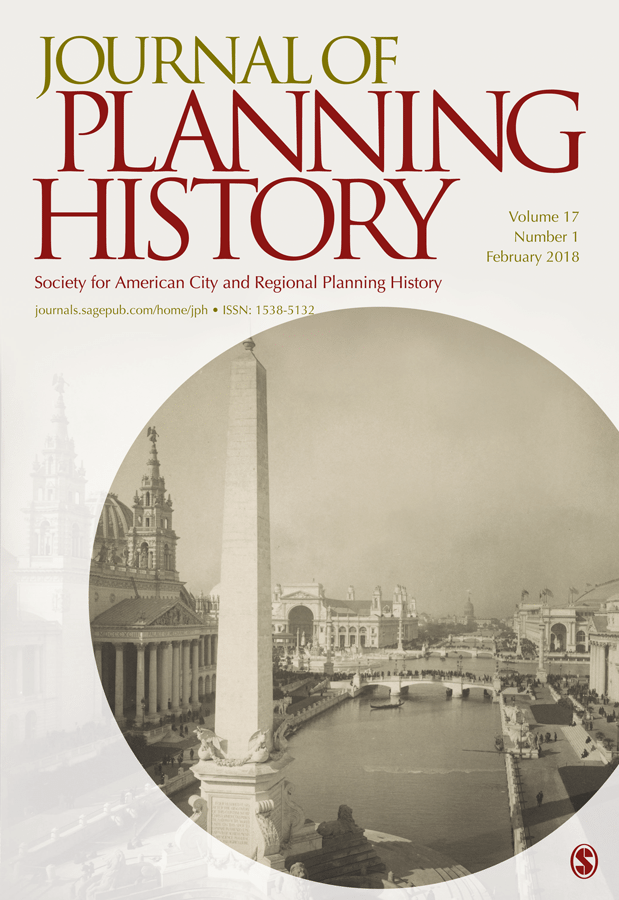
Planning for the Social City?

news, new scholarship & more from around the world


Examples of food stamp coupons
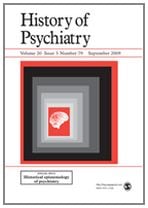




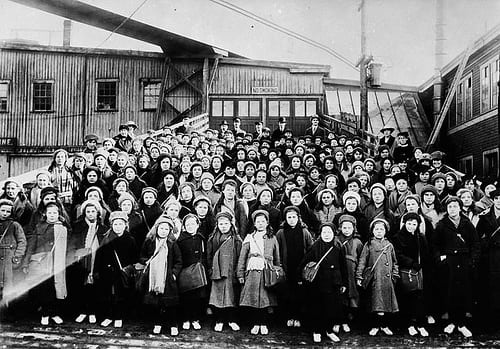

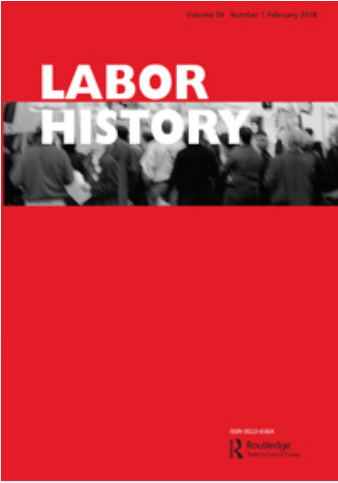
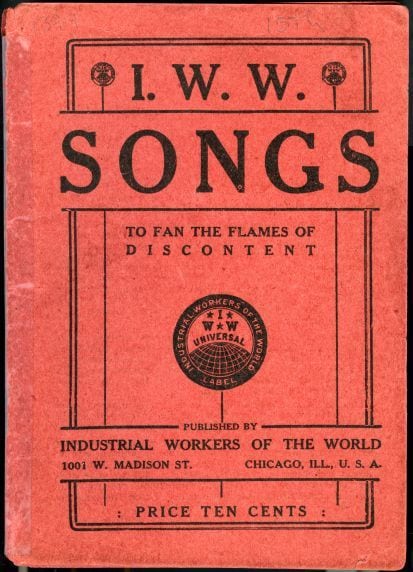
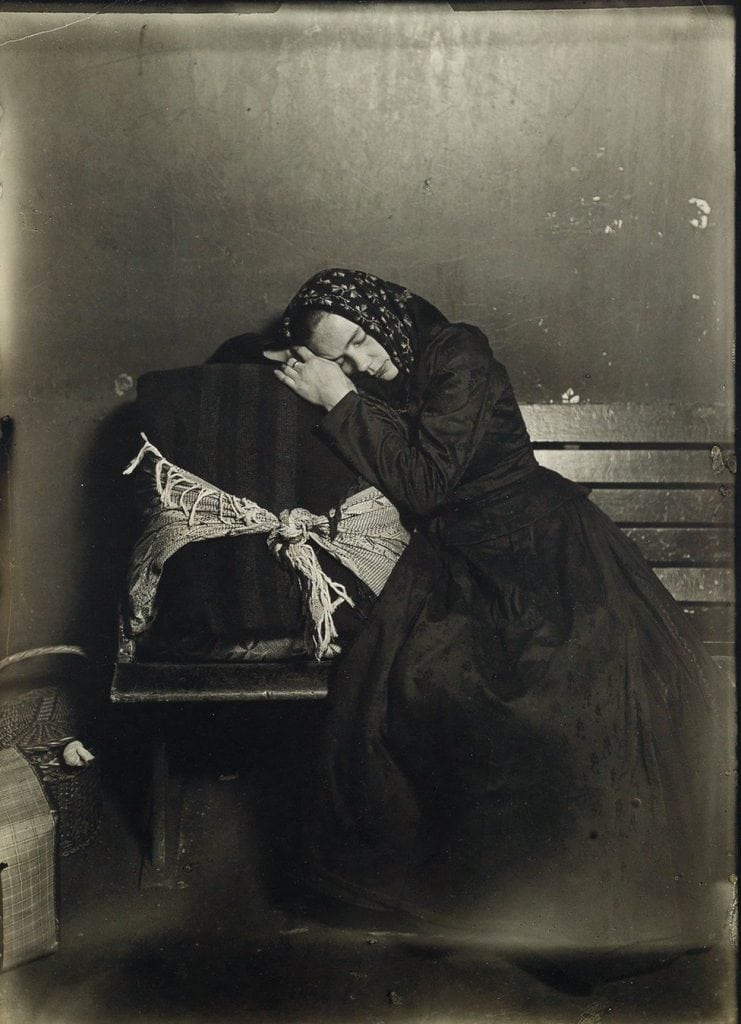
American sociologist Lewis Hine was one of the most important documentary photographers of the 20th Century. Because the notion of photojournalism and documentary did not exist at the time, Hine called his projects “photo stories”, using images and words to fight for the causes he believed in. Above: Slavic immigrant at Ellis Island, 1907.
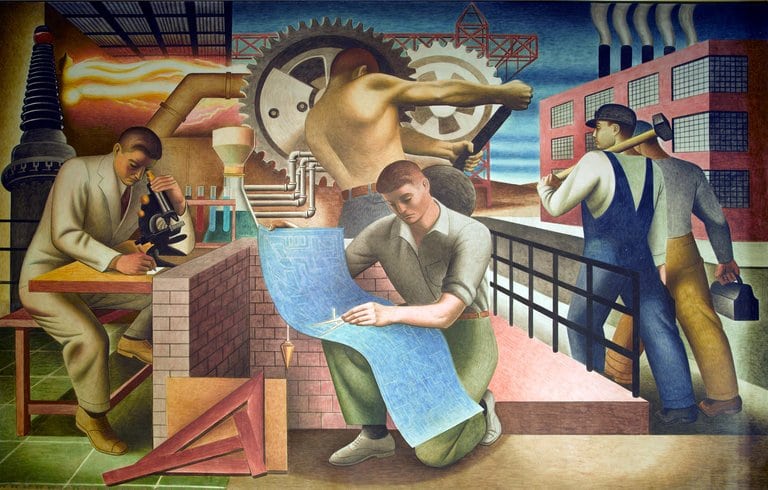
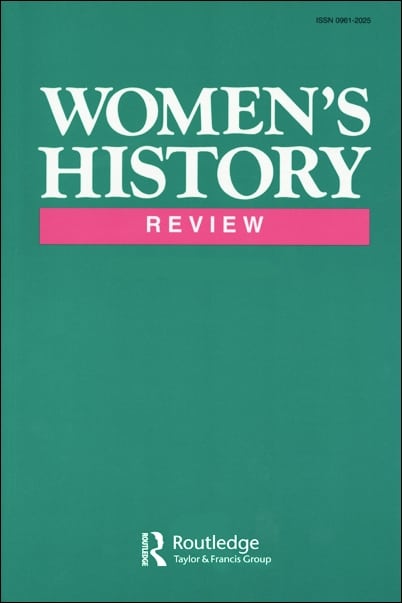
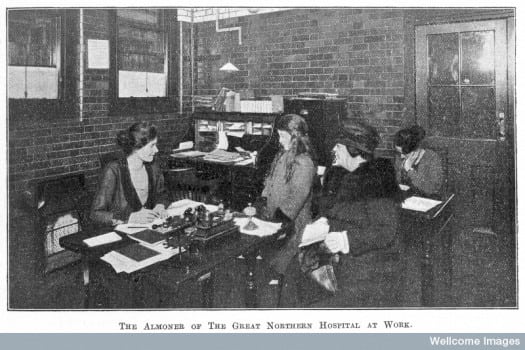
The Lady Almoner was the name by which hospital social workers were known from the time the first was appointed in 1895 until they officially changed their name to medical social workers in 1964.
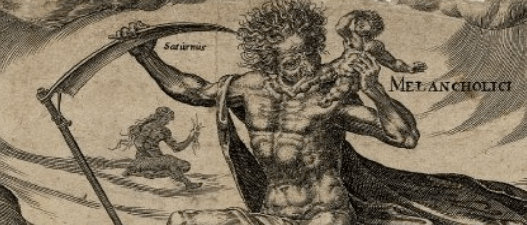
Case-studies on medicine and melancholy from the Early Modern period
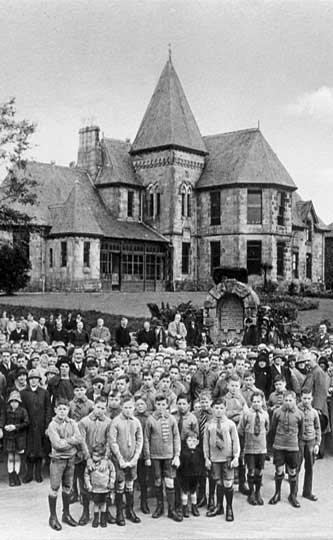
In September 1878, the first building of what was to become known as the Orphan Homes of Scotland was officially opened. In less than 20 years there were over 50 cottages, together with a Church, a dairy, a poultry farm, workshops and a school, all catering for some 900 children. Orphaned and destitute children came to ‘the children’s city’ from all over Scotland and beyond.
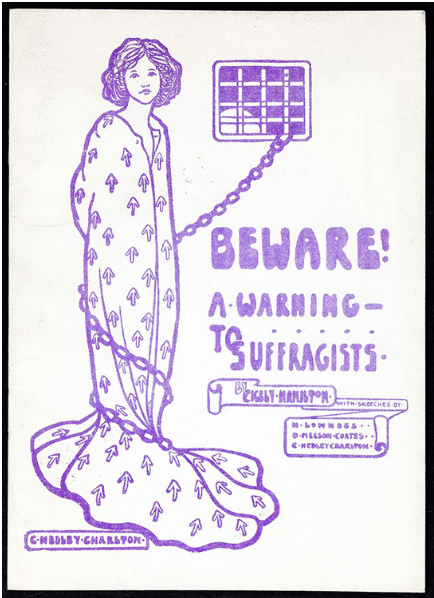
‘This is the cosy / Little home / Whence no nice woman / Wants to roam / She shuts the doors and windows tight, / And never stirs / From morn to night. / With pots and pans / She spends her life – / Who would not be / A happy wife?’

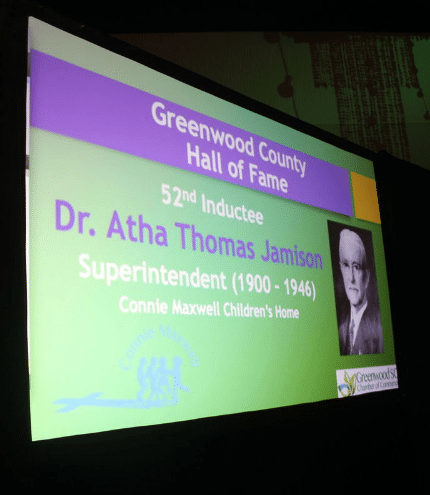
Dr. Jamison’s contributions in the field of social work not only vaulted him to state prominence, but him in the national spotlight.
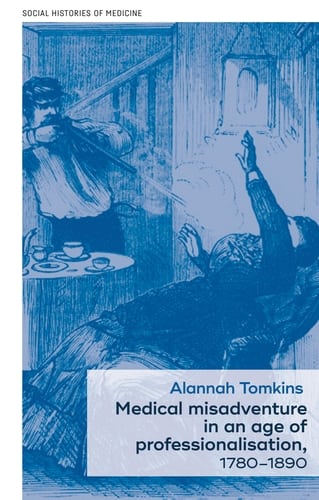


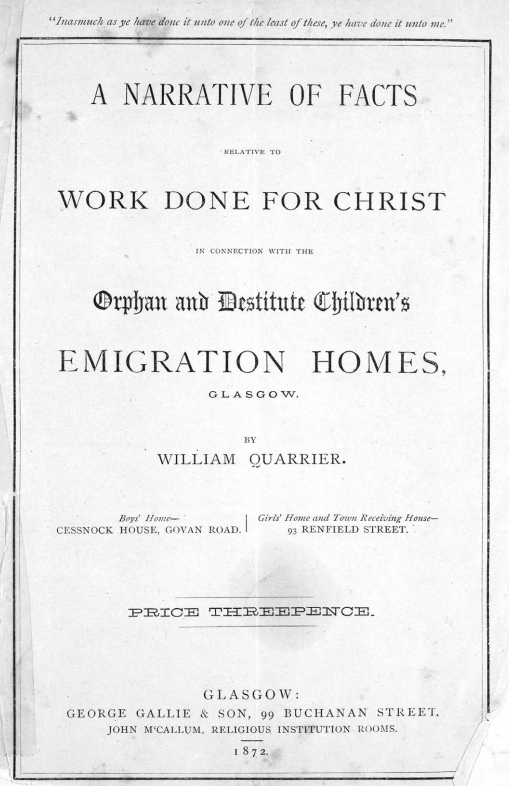
Quarrier’s Narratives of Facts were annual reports describing the work of the Orphan Homes of Scotland in the previous year.

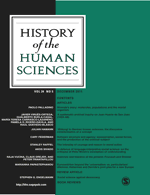
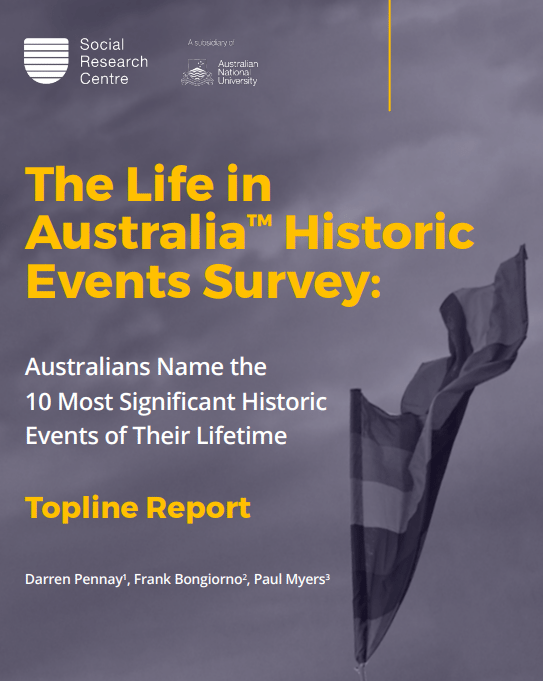
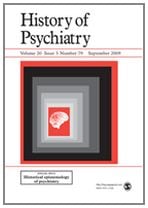


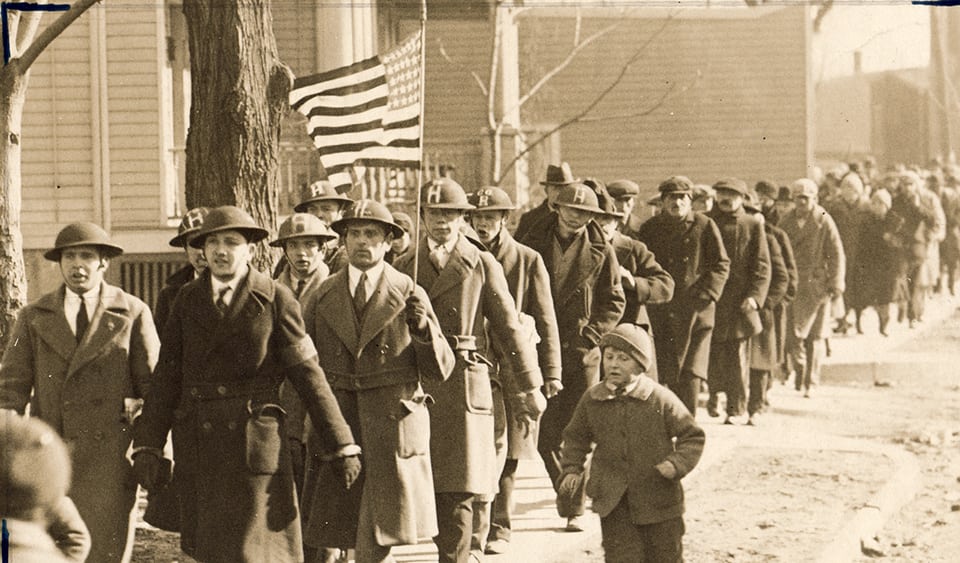

Watanabe Hitomi, Zengakuren protest, 1968–9.






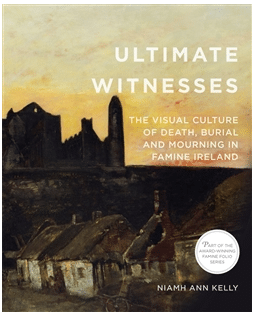

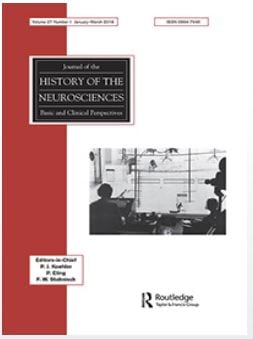
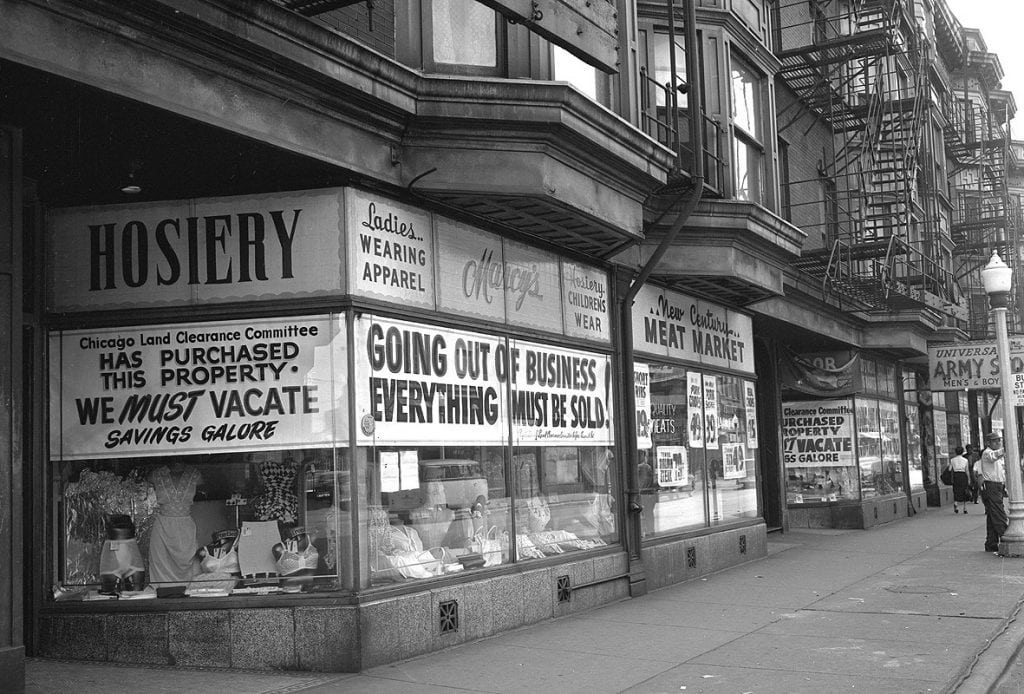
Businesses on 55th Street in Hyde Park announce their eviction. “In 1947, pushed by this coalition [business leaders and nonprofits, including ITT and the University of Chicago], Chicago Mayor Martin Kennelly reached an agreement with New York Life Insurance Company to build the “Lake Meadows” development on the near Southside.”
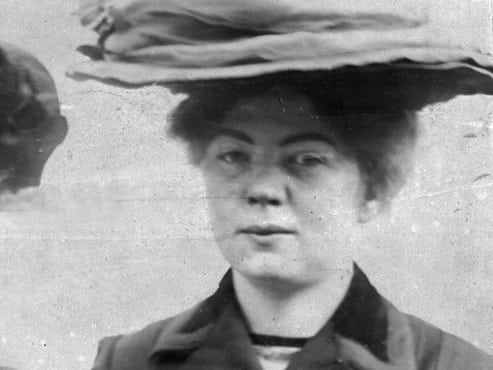
Sylvia Pankhurst: suffragette, socialist and ‘scourge of the empire’
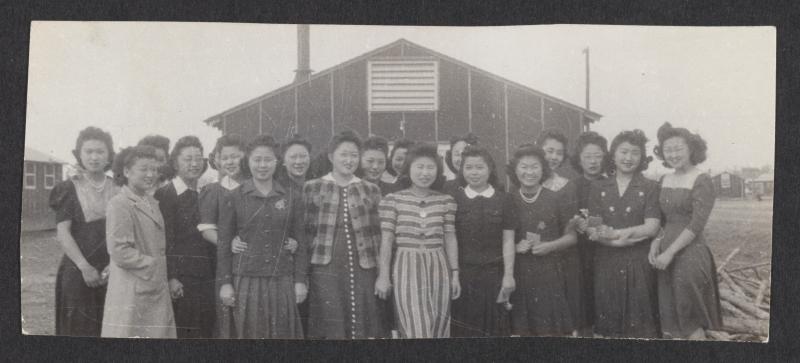
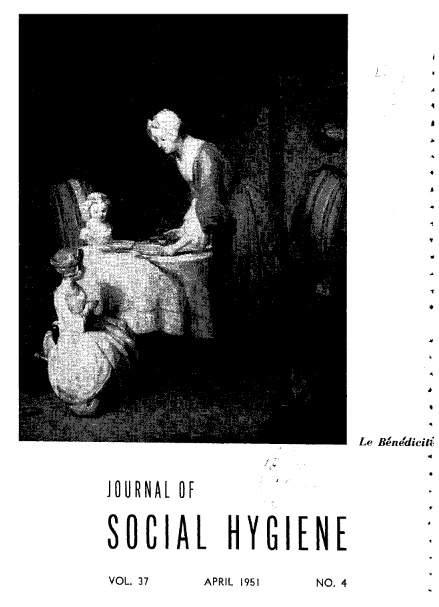



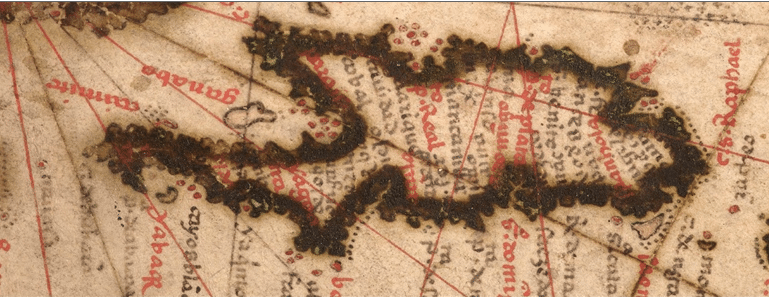
Sixteenth-century La Española: Glimpses of the first blacks of the early colonial Americas
